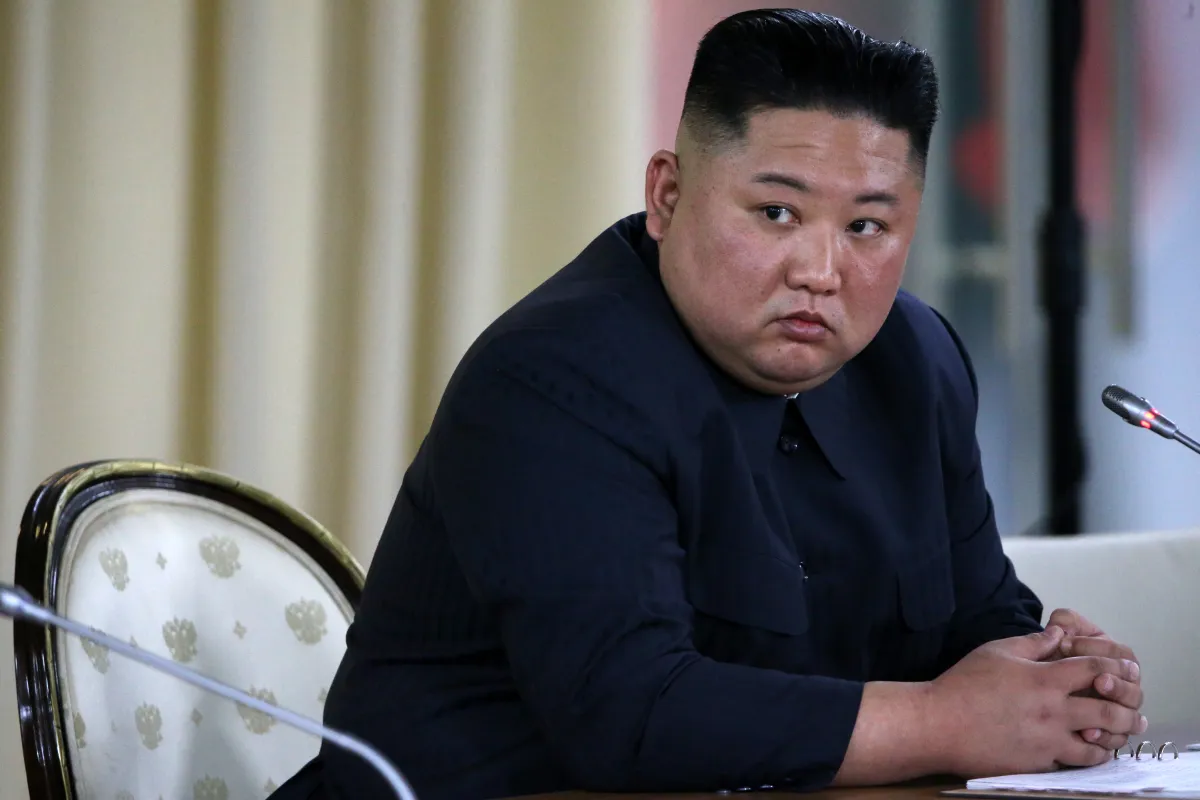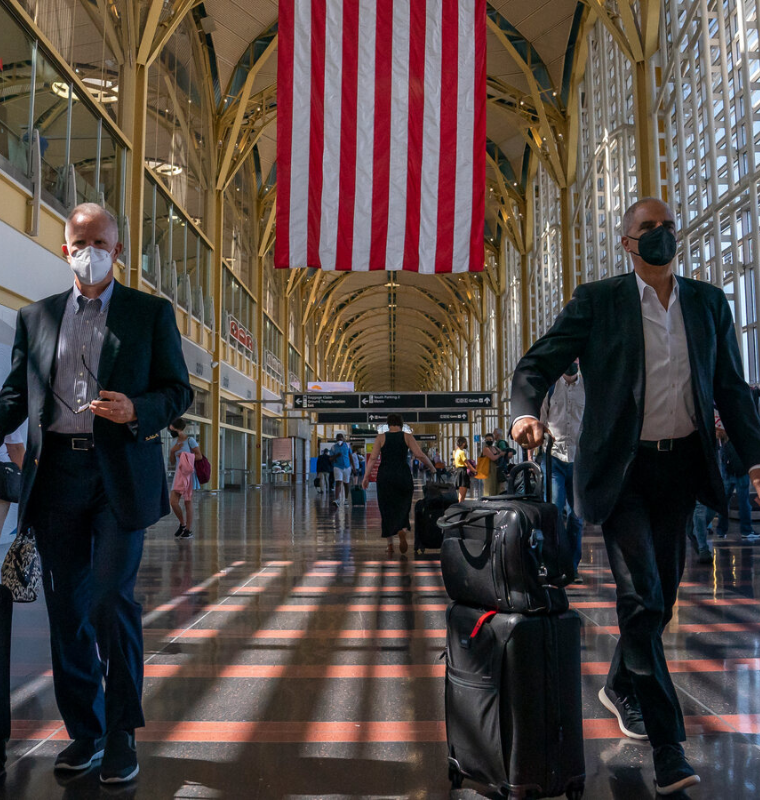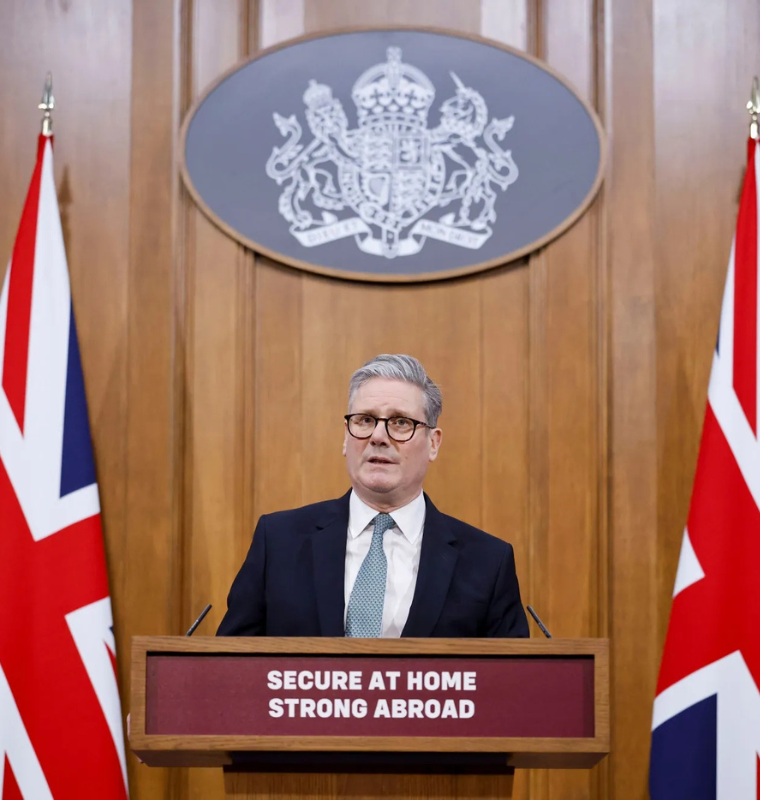Kim Jong Un to Join China’s World War II Victory Celebrations Next Week
Kim Jong Un to Join China’s World War II Victory Celebrations Next Week
By
David Goldfarb
Last updated:
August 28, 2025
First Published:
August 28, 2025

Photo: InsideHook
North Korean leader Kim Jong Un is expected to visit Beijing next week to attend China’s major victory celebration marking the 80th anniversary of Japan’s surrender in World War II, according to reports from North Korea’s state media. The invitation came directly from Chinese President Xi Jinping, signaling renewed diplomatic engagement between Pyongyang and Beijing after years of strained relations.
China and North Korea’s Longstanding Relationship
China has historically been North Korea’s closest ally and largest trading partner, accounting for more than 90% of Pyongyang’s total trade before international sanctions tightened in 2017. Although Beijing supported several rounds of United Nations sanctions against North Korea due to its nuclear weapons program, it has continued to serve as a critical economic lifeline, providing energy, food aid, and infrastructure support over the years.
The two countries also share deep military ties dating back to the Korean War, where Chinese forces fought alongside North Korean troops. Today, Beijing’s support remains essential to Pyongyang’s survival, especially as the country grapples with food shortages, energy constraints, and the impact of global sanctions.
High-Level Diplomatic Engagements
Kim Jong Un and Xi Jinping held a series of high-profile meetings in 2018 and 2019, underscoring the importance of the relationship. Kim visited China four times in those two years, including a January 2019 visit where he toured Beijing with Xi. Later that year, Xi made a historic trip to Pyongyang—the first by a Chinese leader in 14 years—where both leaders reaffirmed their partnership.
However, the COVID-19 pandemic strained ties. Beijing reportedly pressured Pyongyang to repatriate North Korean laborers working abroad, while North Korea’s strict border closures significantly reduced trade. Experts suggest that both sides have been cautious in rebuilding their relationship but recognize the strategic value of closer cooperation in the face of regional and global tensions.
Russia’s Role in the New Strategic Triangle
In recent years, North Korea has drawn closer to Russia, particularly after Moscow’s invasion of Ukraine. Reports indicate that Pyongyang has provided artillery shells and other military equipment to Russia, while seeking advanced weapons technology and energy support in return. The growing military alignment between Moscow and Pyongyang has raised concerns in Washington, Seoul, and Tokyo about a shifting balance of power in Northeast Asia.
China’s willingness to host both Kim Jong Un and Russian President Vladimir Putin at the upcoming Beijing celebration highlights its central role in fostering this new axis of cooperation. According to China’s foreign ministry, Putin will also attend the military parade, further cementing Beijing’s position as a hub for anti-Western alliances in the region.
Strategic Implications
Kim Jong Un’s attendance at the victory celebrations is more than a symbolic gesture. It underscores North Korea’s intent to strengthen ties with its largest neighbor at a time when the U.S. and its allies are ramping up military exercises in the region. For China, welcoming both Kim and Putin sends a message of unity against Western influence and sanctions, while also emphasizing its historical role as a leader in Asia’s post-war order.
The upcoming event is expected to feature a large-scale military parade in Beijing, with tens of thousands of troops and advanced weaponry on display. For Pyongyang, participation provides international visibility at a time when its economy remains heavily isolated. For Beijing, it reinforces its position as the key power broker between North Korea, Russia, and the rest of the world.
As global tensions deepen, the Beijing celebration will serve as a highly symbolic stage, showcasing a potential realignment of power across Asia. Both Kim and Putin’s attendance underlines the growing cooperation between states that are increasingly positioning themselves as counterweights to U.S. influence in the Indo-Pacific and beyond.
Popular articles
Subscribe to unlock premium content
How Blue Bottle Coffee Became a $700M Specialty Coffee Icon

Gordon Moore: The Man Behind Moore’s Law and the Tech Revolution

How Shein Became a Fast Fashion Powerhouse Without Traditional Advertising

How Blue Bottle Coffee Became a $700M Specialty Coffee Icon

Gordon Moore: The Man Behind Moore’s Law and the Tech Revolution

How Blue Bottle Coffee Became a $700M Specialty Coffee Icon









